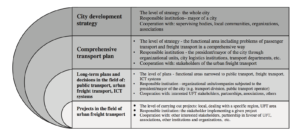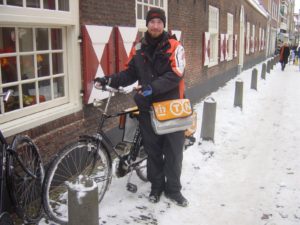Monthly archives: July, 2017
Research on crowd logistics: an opportunity for sustainable urban freight transport?
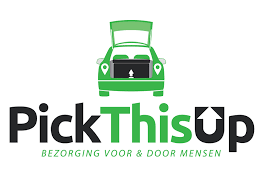
Passenger car occupancy has been falling for years. Partly empty vehicles on our road networks decrease passenger transport sustainability but also contain an opportunity for freight transport. Within crowd logistics, delivery operations are carried out by using passengers’ excess capacity on journeys that are already taking place, resulting in economic, social and environmental benefits.
Walmart (USA) tests using store staff for last-mile deliveries

Walmart says it has begun testing using store employees to make last mile deliveries for online orders. The idea is an expansion on Walmart’s recently launched 2-day shipping program, which lets customers order from over 2 million online items for fast delivery without an annual membership. Walmart said it realized the same trucks could just as easily …
What is the feasibility of UCC’s in Brussels (B)?
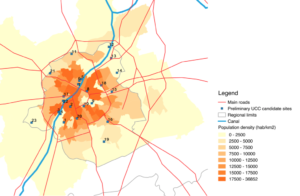
Urban consolidation centres (UCC) are a popular measure in city logistics, which aims at rationalizing delivery trips in an urban area. However, although their environmental benefits have been extensively addressed and documented, many of the implementation cases fail to reach sufficient participation and demonstrate a viable business model. Milena Janjevic from Université Libre de Bruxelles did …
Waste collection: a new topic for research in city logistics
The future of City Logistics in Paris (F)
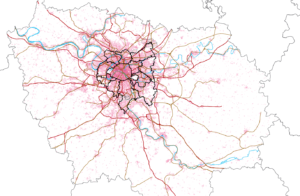
Paris wants to be a carbon-neutral city in 2050, thats recycles its waste, improves the water cycle, organises city logistics differently and has renewable energy resources. Achieving these goals engages Paris in a double revolution, both industrial and cultural. In this context, the Atelier Parisien d’Urbanisme (Apur) made a first prospective atlas of the Great Urban Services of …
CoE-SUFS presents webinars on urban freight

The Center of Excellence for Sustainable Urban Freight Systems (CoE-SUFS) is dedicated to investigating new ways of infusing sustainability and efficiency into the way businesses send and receive goods. The new $4 million center, recognized as a Volvo Research and Educational Foundations (VREF) Center of Excellence, is funded by the VREF through its Future Urban Transport research program.
How to organise living labs in city logistics?
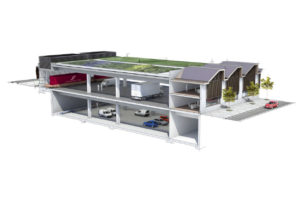
The field of city logistics can be characterised by its many local demonstrations and trials, that are quite often not lasting longer than the trial period. The number of demonstrations that continued and were implemented in daily practice is limited. Freight partnerships proved to be a good first step to engage stakeholders.



